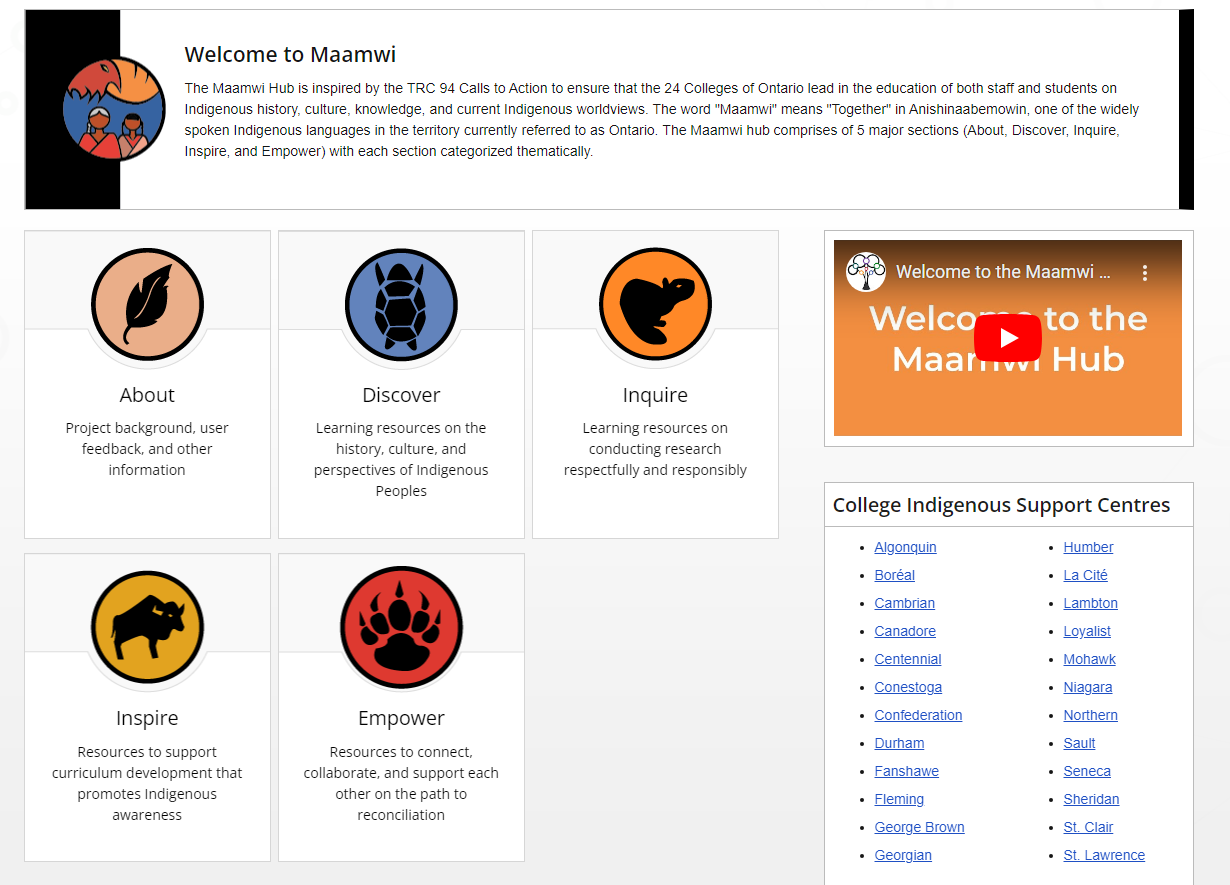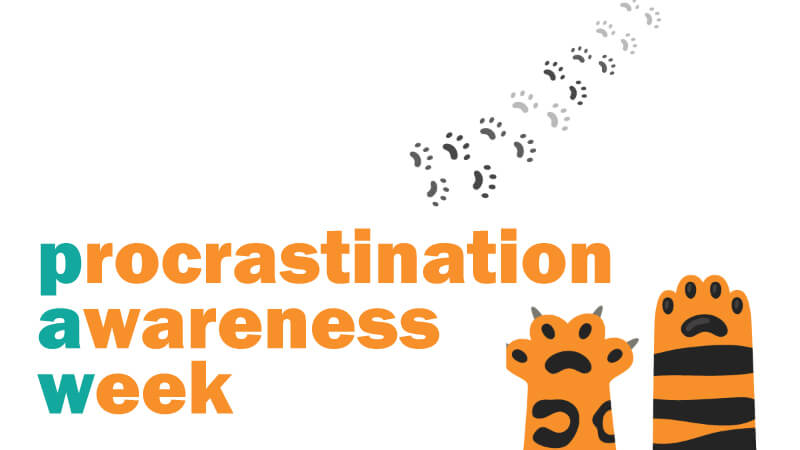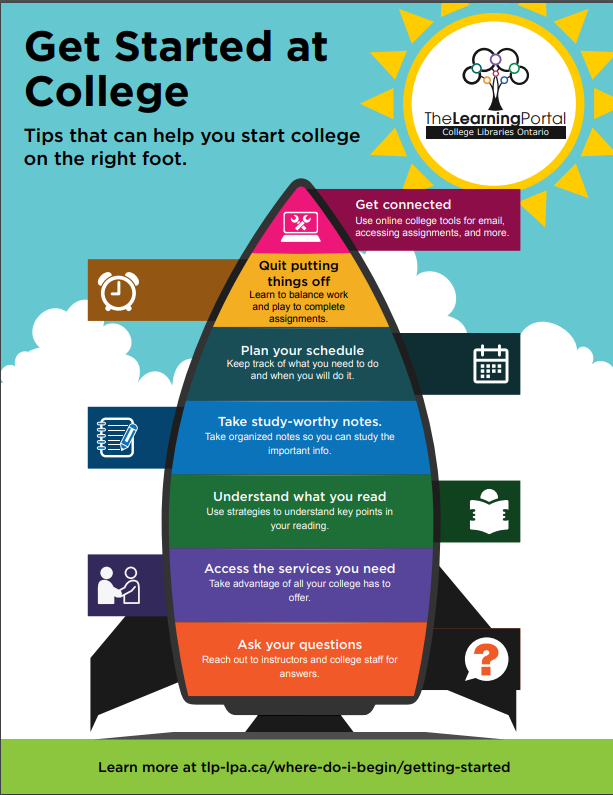The AC Library now provides access to ACM Digital Library!
ACM Digital Library (Association for Computing Machinery) is a comprehensive collection of full-text articles and bibliographic records covering the fields of computing and information technology. The full-text database includes the complete collection of ACM’s publications, including journals, conference proceedings, magazines, newsletters, and multimedia titles and currently consists of:
- 407,367 Full-text articles
- 2.0+ Million Pages of full-text articles
- 18,000+ New full-text articles added each year
- 44+ High Impact Journals with 2-3 new journals being launched each year
- 275+ Conference Proceedings Titles added each year
- 2,000+ Proceedings Volumes
- 8 Magazines (including the flagship Communications of the ACM, the most heavily cited publication in the field of computing according to Thomson-Reuters)
- 37 Technical Newsletters from ACM’s Special Interest Groups (SIGs)
- 6,500+ Video files
- 594 Audio files
In addition to the full-text database, the ACM Digital Library is heavily integrated with and includes unrestricted access to the Guide to Computing Literature bibliography.
The ACM Digital Library includes reference linking though CrossRef, integration with the ACM Computing Reviews database, index terms using ACM’s 2012 Computing Classification Scheme (CCS), alerting and TOC services, and all export formats including BibTex, Endnote, and ACM Ref, as well as OpenURL compliance, and COUNTER III and SUSHI Compliant usage statistics.
To start exploring the ACM Digital Library, visit the Library homepage and click on the Databases A-Z button found under the Page 1+ search bar. If you are asked to login, please use your College Network Account information.
*Note: This package does not include access to books.





